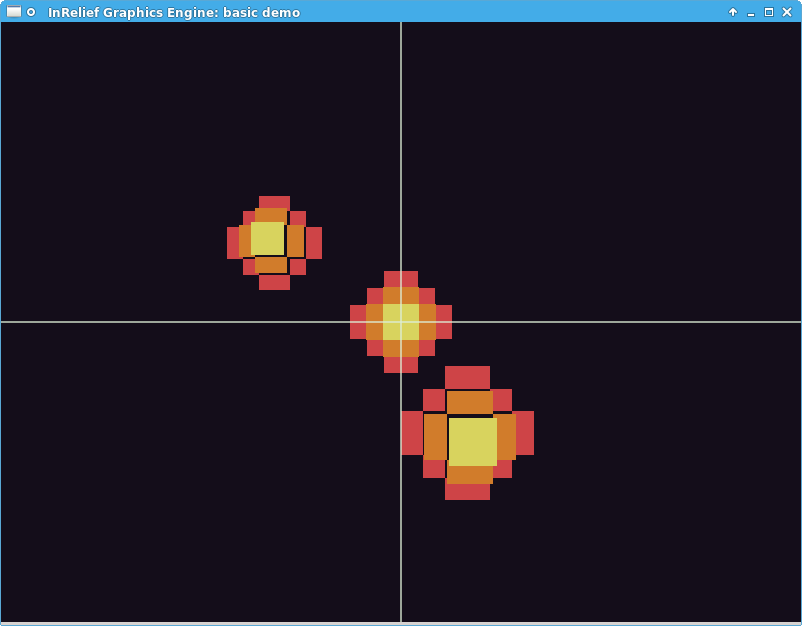Weekly Links #228: dear developers
Yesterday I tried showing my latest game to a friend. They're using Ubuntu, and a pretty technical person. Yet they couldn't seem to get the Pygame library installed and working, even though it should be an apt-get away.
No, I didn't ask what commands they tried and what error messages they got. By the time you have to ask such questions, you've already lost people. Either it work painlessly on first try, or it might as well not exist for them.
Developers don't get it. I asked in the Pygame Discord server, and they suggested packaging my game for PyPI. Great. Now I have to teach my players about the pip command too. Which also doesn't come preinstalled on most systems, even when Python itself does. As if having one package manager wasn't confusing enough already, for anyone who's not a seasoned Linux or BSD user.
Package managers were once a good thing. Then too much of a good thing. Now they're consuming the world of software. But that's a whole other rant.
Thing is, none of this helpfulness (and the intent to help is genuine) does anything at all for the end users. And that's who matters. We developers already enjoy all kinds of conveniences. Of course we do. For decades, we've been scratching our own itches. That was how you wrote good software, right?
What an exclusive little club we've built for ourselves. Enjoying the solitude?
Because I'm out. Despite misgivings, my Love2D port of Sunset Flight keeps going, and will be the one I promote once it's complete. So much easier to explain: "install this one thing, and drag this one file on top of its icon". If even that doesn't do the trick, nothing will. Can't afford to keep a whole office full of computers, each with its own operating system, just so I can package games properly for each platform.
Not that prototyping the game on a familiar platform was a bad thing. Python is a delightfully expressive language, and Pygame just so happens to be very similar to Love2D (or maybe the other way around). Couldn't have prototyped a game like this in such a short time with anything else. But I was hoping this would prove to be the actual game, not just a prototype. So much for that.
Hopefully it won't get to the point where we have to ship tiny games as huge virtual machine images. It's bad enough with Docker and the like on the server side. There, too, everyone and their dog keeps reinventing the wheel.
Learning to share code (again) revolutionized software. Now it's time to re-learn how to have empathy for the people we're supposed to be helping.

That said, I should probably let you know that as of two days ago, the graphics engine behind Sunset Flight has a homepage of its own, and a second implementation in Lua to go with the original Python. Even some documentation to get you started. For a real-life code example, you'll have to follow the link from there and get the game.
Benchmarks and more implementations to follow. Let me know if you find it useful.
Lastly, this Friday, Hardcore Gaming 101 runs a feature on games that got a sequel, or sometimes lots of them, continents away from where the originals were created. Some are famous, like the Wizardry series, that found a huge following in Japan, and was continued there long after its American creators gave up on it. Others are more obscure, though finding classics like Silk Worm and Spy Hunter on the list was quite the nostalgia trip. Some of these sequels-in-name-only are weird to say the least. Many of them however sound as if people who only remembered once playing a beloved game wanted to recreate their happy memories thereof as best they could. It's hard to fault such enthusiasm, especially as it's in short supply nowadays. And seeing how a game is transformed by passing through someone else's cultural lens can be fascinating.
And that's it for the week. Sorry, but I just needed a vacation. Did you get any rest recently?